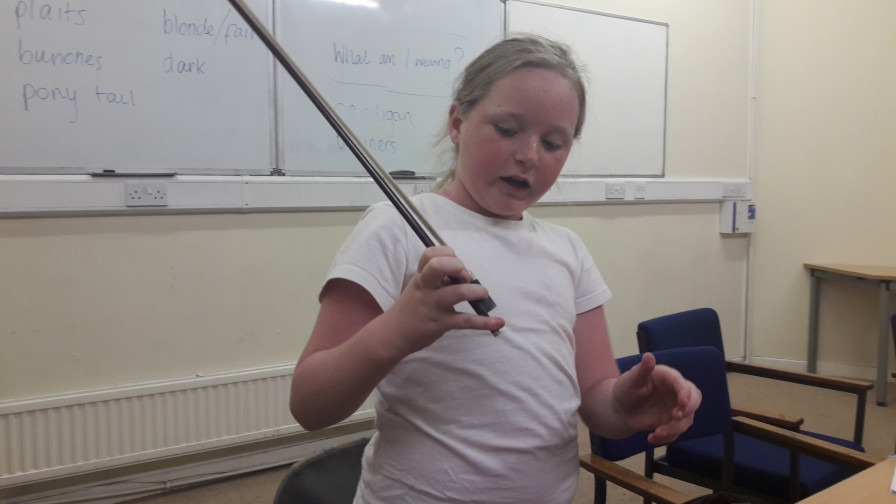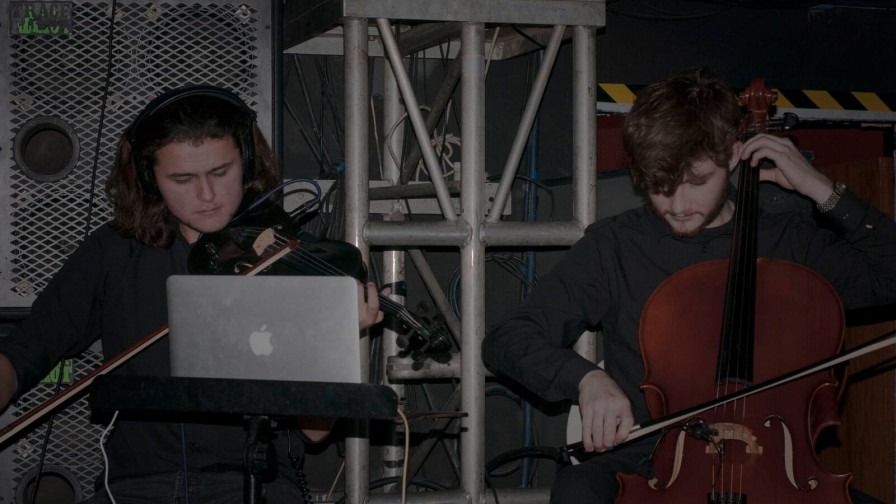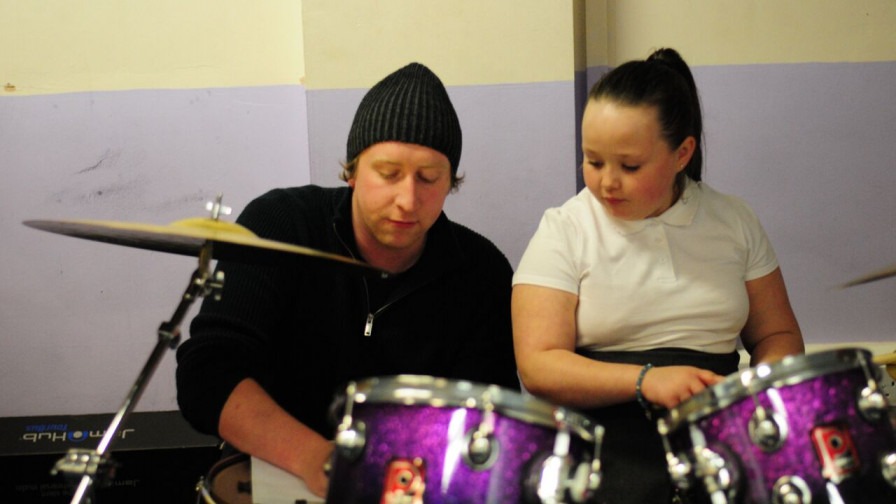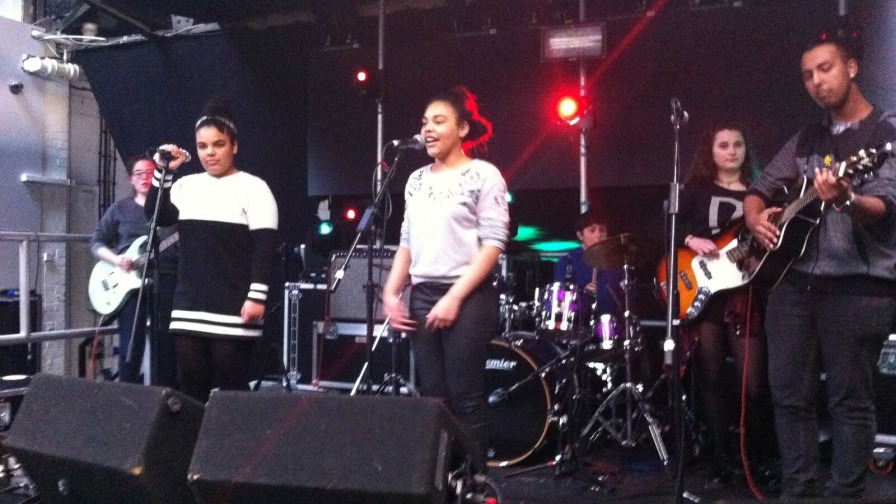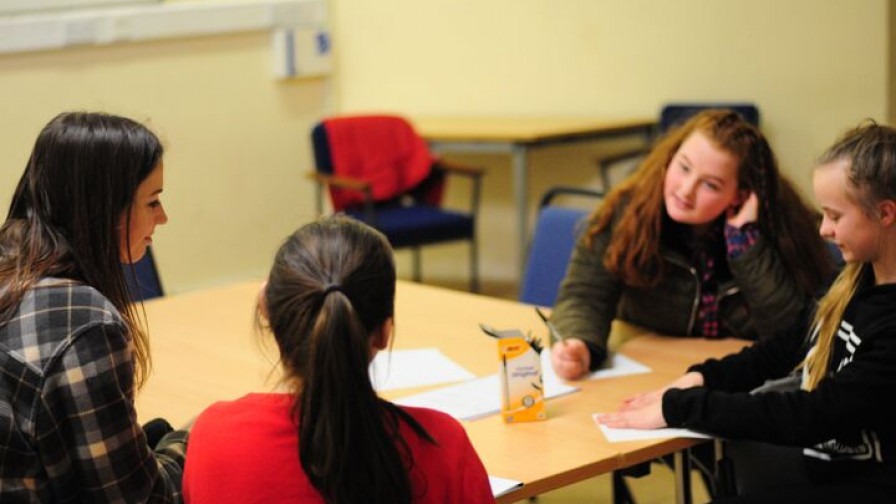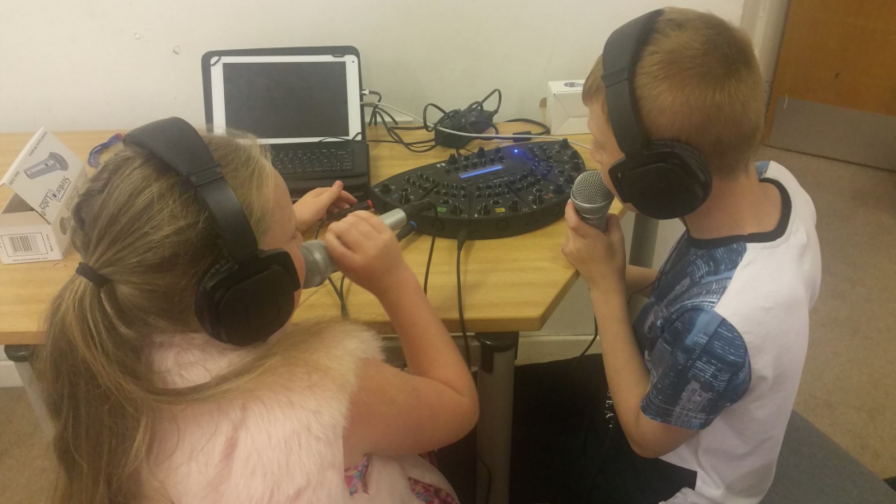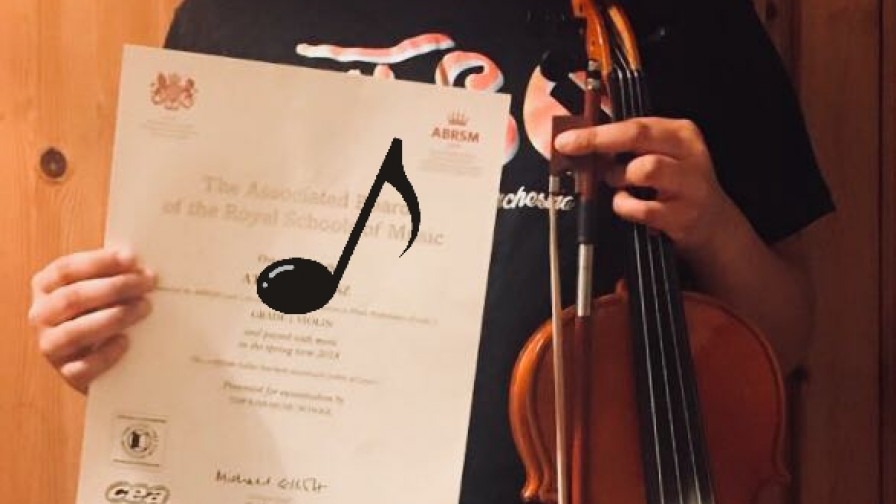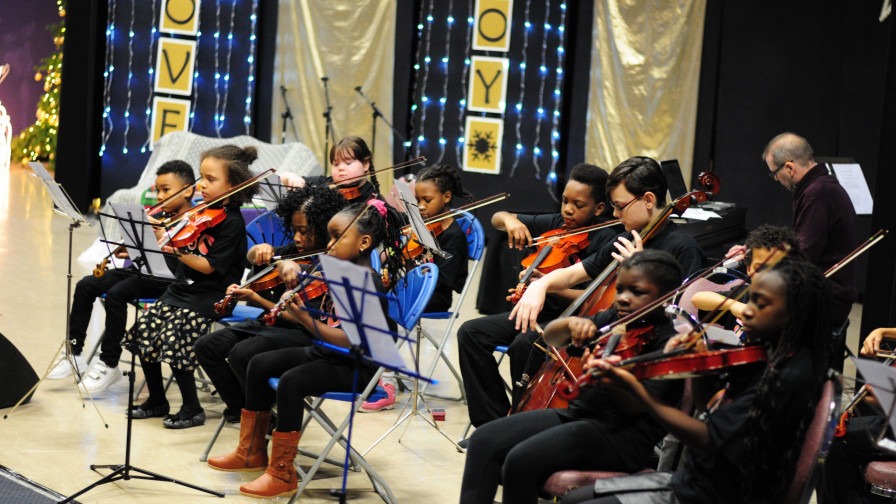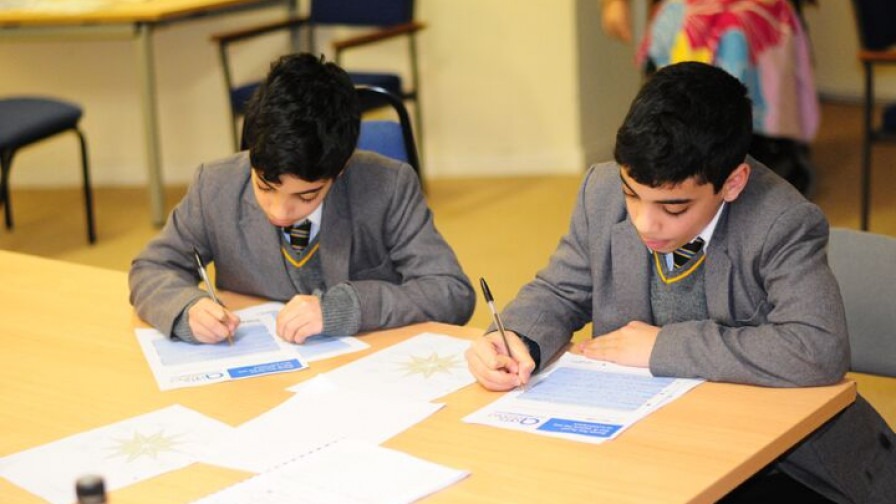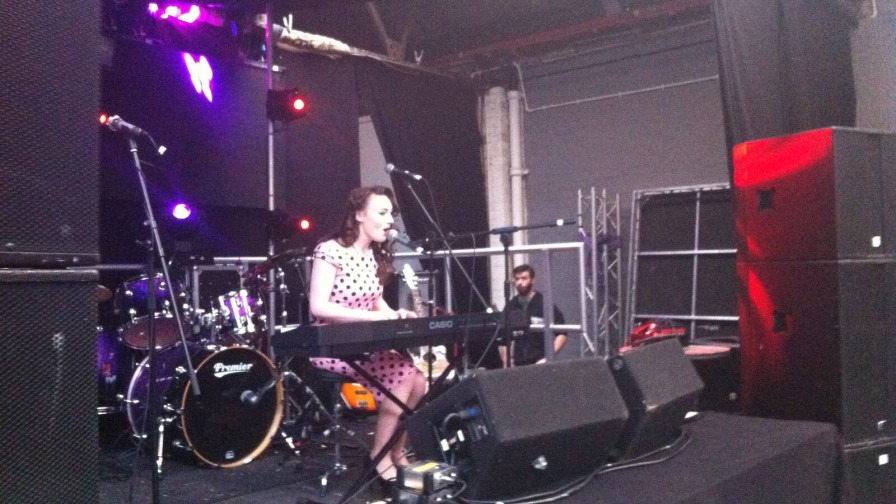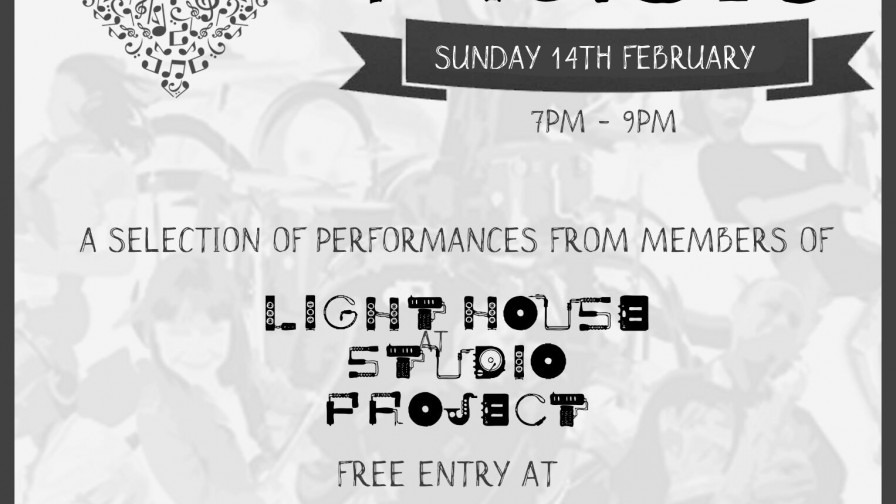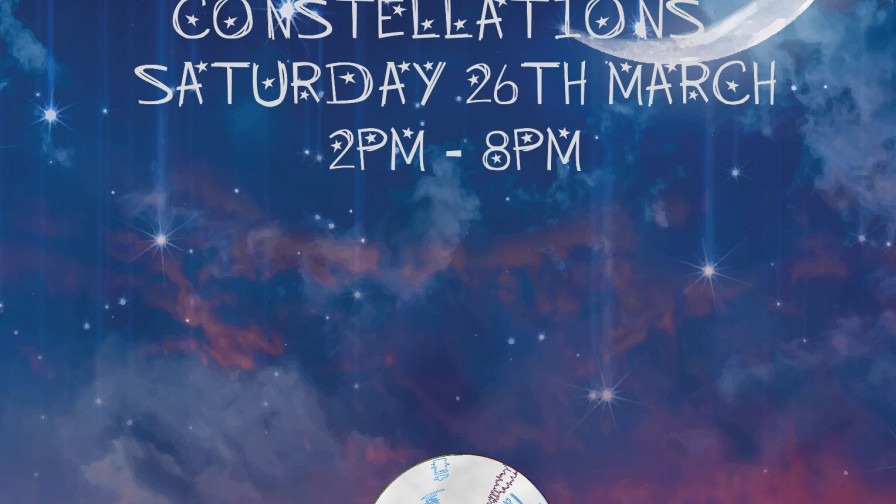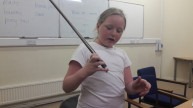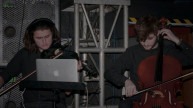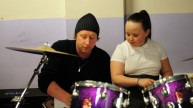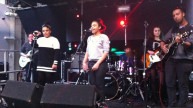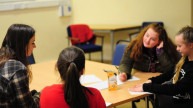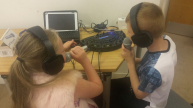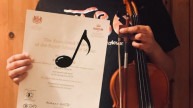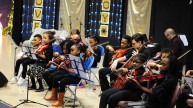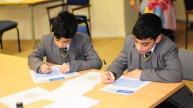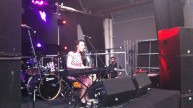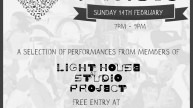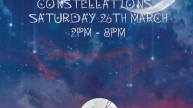Music for Social Change
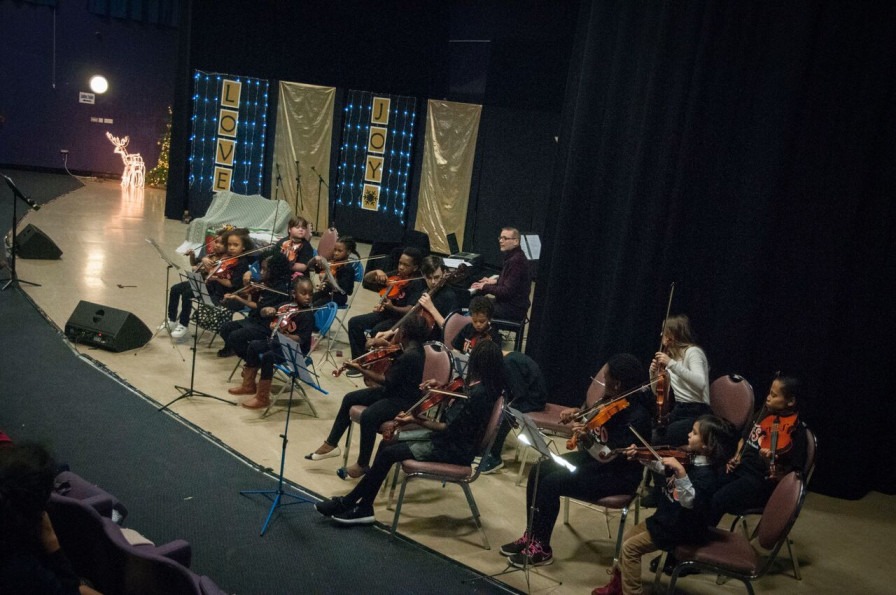
Music for Social Change
Lighthouse Studio Project (LSP) based in Liverpool delivered free music workshops following the El-Sistema ethos of ‘Music for social change.’ As planned the children and young people attended and experienced music as part of a wider provision which included food and fun and social times. As part of recruiting for the project, we delivered 24 taster sessions, 6 of them in local schools with the remaining 18 at Liverpool Lighthouse. The tasters were successful, raising interest in music and particularly the playing of a variety of musical instruments and styles. We also recruited challenging young people through our Youth Connect project. During their time they were able to learn the skill of playing a musical instrument as well as song writing, studio work and performance.
Over the 18 months of the project, a total of 446 young musicians engaged with the project of which 97 participated more regularly and intensely. As planned, we ran 2hr-midweek sessions 2 days a week from 5pm to 7pm.
Our biggest surprise of the project was the popularity of the violin and cello. Initially we were unsure about how this would work as many children and young people prefer guitar, drums, keyboard and to sing. We were pleased to see all age groups having a go at learning to play. Some of the young people worked really hard and went on to gain ABRSM Grade 1.
We were so proud when our band performed so well in their own concerts. Their original songs were amazing and confidently performed. Along with learning to play an instrument and performing the young people also took part in Discover and Bronze Arts Awards.
On reflection we have seen varying amounts of success within different activities and groups, with different groups responding differently to the sessions. With beginners, our most successful activities proved to be small group tuition. When teaching small groups, it proved easier to retain the focus of students for longer periods of time. Students participating in these small group lessons showed quicker progression than when we carried out larger workshops. For our advanced group, the opposite was true. Those with some musical understanding seemed to thrive off bouncing ideas off each other. For them, providing a space to compose, rehearse and record was enough for them to get self-motivated. Our facilitators where at hand to guide and assist as they saw fit and offer industry advice to individuals seeking to progress their creative careers. Our intermediate group were in the middle. Many of them benefitted from one to one music tuition but also responded well when working in groups to write songs, record and form musical groups. With the Arts Award, we found some participants were unresponsive to the workbook method we implemented. In future, creative ways to evidence the arts award should be developed to retain the interest of our young musicians.
We asked our young people to fill in a questionnaire asking questions about their experiences, things they thought went well and aspects they would like to improve on. We hope to continue with music sessions on a variety of instruments. We hope to provide more and/or longer sessions. Their answers are informing what we plan to do next and yes, they have surprised us yet again one of the things they want to start doing is sing in a choir! Our young people are certainly using music for change.

